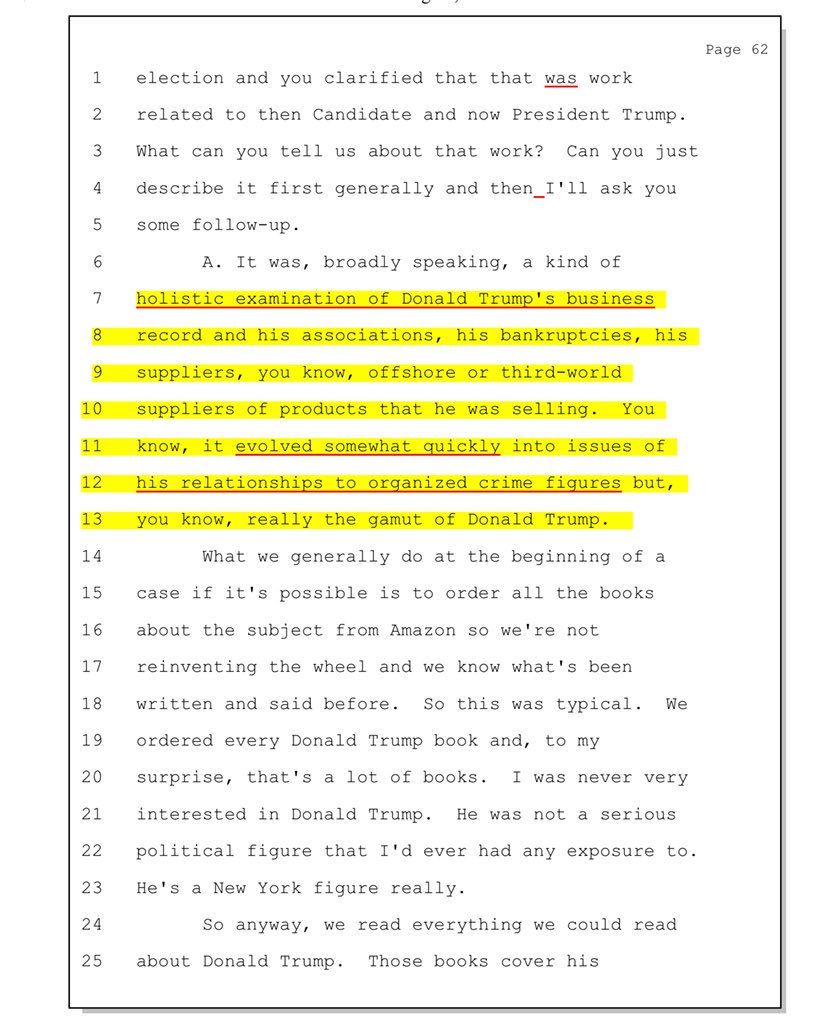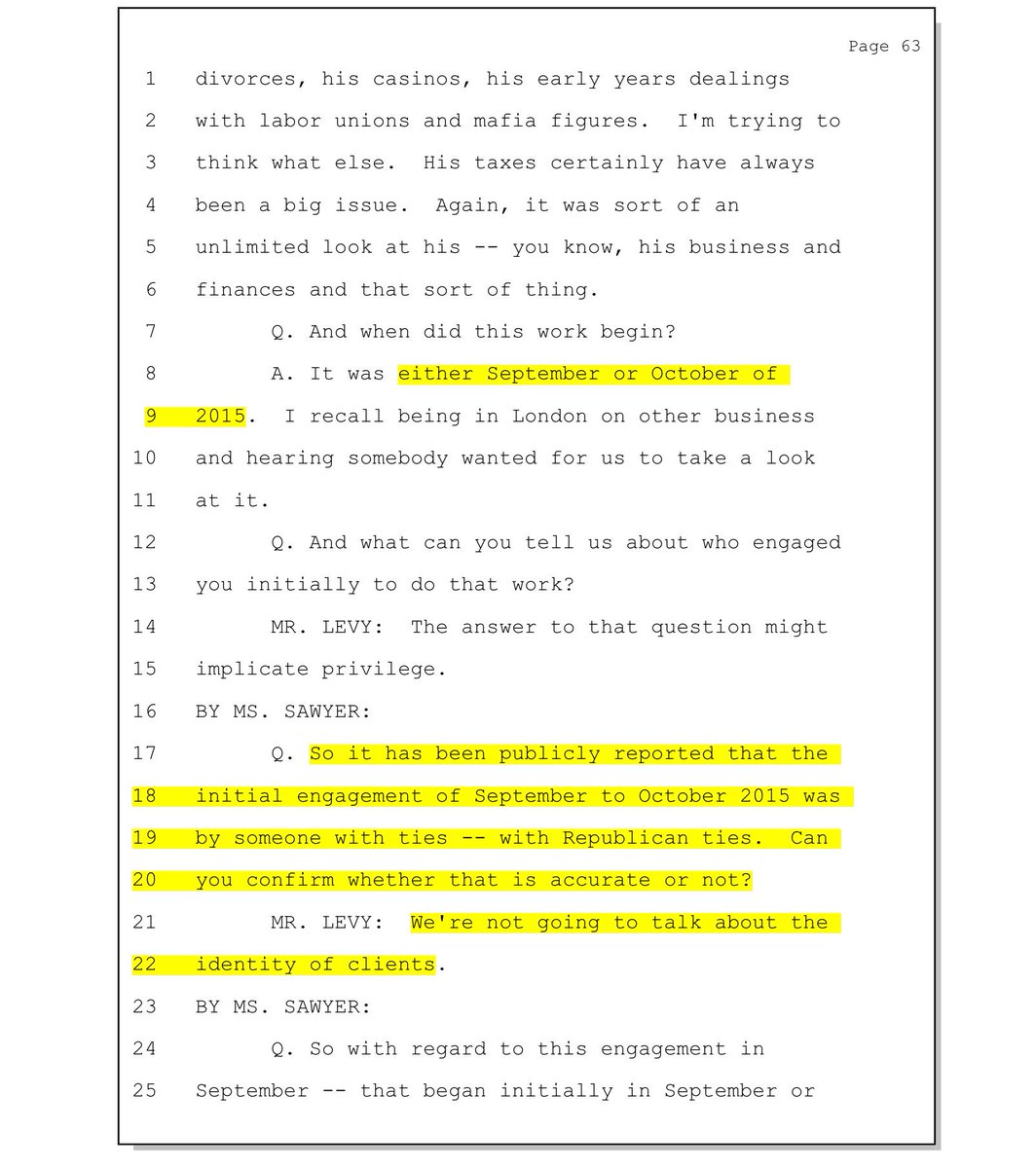This is the time for that fight.
That said, I have never been more worried about another, larger threat.
Thread:
This crisis is inarguably the largest present threat to human well-being around the world, right now, and it's getting worse fast.
It ought to be the main focus of human attention, everywhere.
The planet is one enormous, interconnected set of systems, and they're all in upheaval now.
That's a long time to live with catastrophic threats, and to keep doing work this traumatic, you have to grow a thick skin.
Indeed, when I say I'm worried, I say it as someone who believes that it is our duty keeping our courage and calm in times like these.
I'm worried for a few reasons:
a) the science is coming back with more dire findings than many people seem to realize;
b) opponents of change are mobilized as never before;
c) time is of the essence.
Time is short.
Time is way shorter than most people understand.
Time is even shorter than most advocates for climate action understand.
The first is that every day we delay action on the planetary crisis is a tragedy.
Every day we lose, we draw closer to tipping points and breakdowns. We lose opportunities forever; we make the problems we have to face more dangerous ones.
There has never been more reason for optimism about our capacity to build a carbon-zero world. Our clean technologies, designs, policy ideas and business models get more powerful by the day.
The faster we build, the faster we learn, the better our solutions get and the more able to out-compete the dirty economy they become.
Speed is everything.
Predatory delay is the blocking of change to squeeze profits from unsustainable practices, regardless of the cost to others.
I fear that far too many people are blind to the degree to which waiting to solve our planetary problems until we win our political aims inevitably means waiting to long to solve them at all.
If the order of our actions is
a) defeat facism, b) tackle the planetary crisis
or
a) anything, b) tackle the planetary crisis
it will be too late.
thenearlynow.com/the-last-decad…
thenearlynow.com/on-climate-spe…
thenearlynow.com/the-real-polit…
Because we have to win fast, we have to fight different
And so when we hear about the need for climate and sustainability action, they add that need to a list of other priorities.
This is understandable.
It's also the most certain route to planetary catastrophe.
Because all of the pathways open to us in this crisis demand disruptive changes, deployed immediately, accelerated fast.
There are no pathways that are slow, measured, balanced and non-catastrophic.
Delay is the enemy of humanity's future, but some delay comes in the form that demands other problems be solved BEFORE we can move forward with disruptive solutions.
Some of that delay is even predatory, done to protect older advocacy establishments.
These will certainly alter the shape of the economy, our cities and our societies.
Yet we simply do not have time to wait until we're certain of those impacts before we act.
Recklessness is the only responsible course. That's really screwed up. We should never have found ourselves in this position.
Yet here we are.
We need more education, better social safety nets, more democratic governance, stronger protection for human rights—more real solidarity.
If we choose to delay disruptive sustainability action to meet other present needs, we likely lose massively on both fronts.
We don't talk about this nearly as much as we should.
Our best shot is changes whose speed and impact are outside the current window of acceptable political debate.
(That they are un-discussable does not, of course, make them impractical.)
The storm is coming. Every day it draws closer.
And I worry more than I ever have that when it hits, we'll still be arguing.





